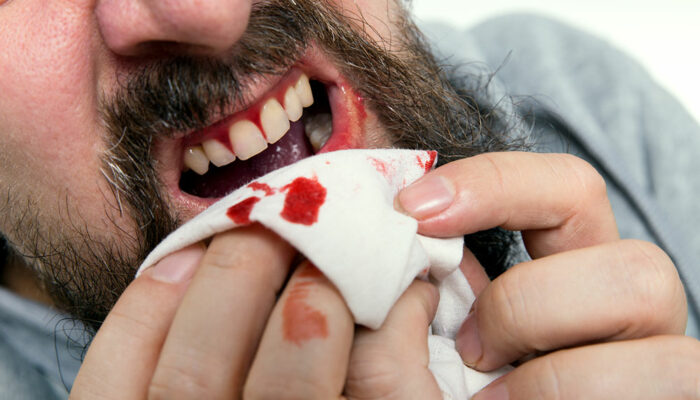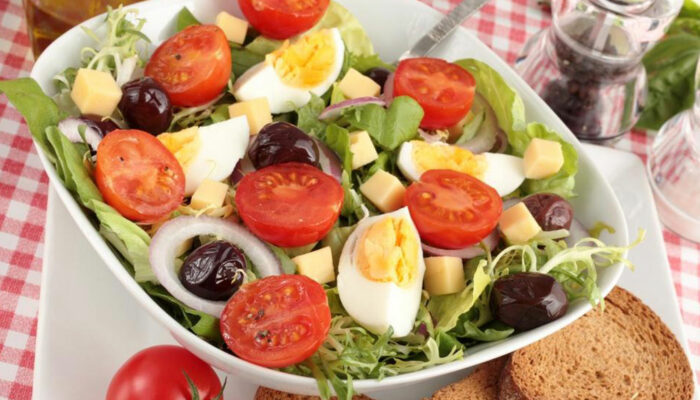
Dietary Tips to Manage ADHD in Kids
Managing a child with ADHD can be overwhelming. A parent has to spend a considerable amount of time and energy to work with the child to contain their activity, keep them motivated, and improve their concentration levels and attention span. This is where the role of family and friends can be crucial. Here are some dietary tips for managing ADHD in kids:
- Make colorful and attractive posters to help your child understand what they need to eat, and put them up in the kitchen so that the child can see them every day. You can also draw pictures or doodles of their choices and ask them to choose one so that you can make it for them.
- Give them protein-rich breakfast within 30 minutes of waking up. This helps improve metabolism and keeps them feeling energetic for the whole day. Apart from animal protein, you can give them eggs, milk, yogurt, legumes or pulses, nuts like almonds, or seeds like pumpkin and sunflower seeds for protein.
- A dietary tip to keep in mind for managing ADHD is to check all food labels and avoid any items that have trans fat or partially hydrogenated fats.
- Children are quite likely to resist vegetables and fruits, so get innovative and try out new recipes. Cucumber and carrot sticks with hummus are healthy snacks. You can also use vegetables in sandwiches, momos, or tortilla stuffing. You can also make patties to ensure that they eat vegetables. Alternatively, use fresh veggies and fruits in smoothies and juices. In all, ensure that they eat 3 to 4 servings of vegetables or fruits daily.
- Give your child spill-proof water bottles, like the ones with a straw. You can strap it to their school bag or keep it in the car if you are traveling. Training them to take frequent sips of water can make it a habit over time and also prevent dehydration. You can also replace water with lemonade or fruit juice to keep them motivated.
- Drawing a child away from sugar is a long-drawn process, but you can encourage them by giving up sugar yourself and being their partner. You can also replace sugary snacks with fruits and homemade snacks.
- Involve them in planning menus and grocery shopping. Teach them to read labels and help them understand what’s good for them and what’s not. Training them from early on can encourage them to avoid harmful foods.
- Another effective dietary tip for managing ADHD is to plan menus, shop in advance, be innovative, and jazz up simple meals to keep a child involved.
- If a child is not able to eat well, give them snacks in between (pack energy bars for school and keep the teachers in the loop).
- Providing them with supplements for omega-3 fatty acids, zinc, iron, and magnesium is also one of the helpful dietary tips if they lack those nutrients. However, you must consult their doctor before adding supplements to their diet.



